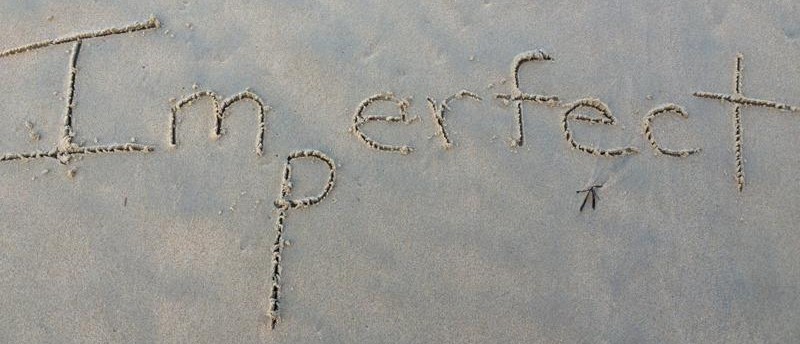I love something I call the power of a third language. I made this concept up when I realized it was something I was missing in many of my relationships. In a relationship, there is a language one partner speaks, a language the other partner speaks and the opportunity for there to be a third language that both create and speak together. In an organization, there is the language an individual speaks, there is a suggested language that the global culture speaks and then there is the opportunity for groups within the culture or even the global culture to speak which can be their third language. This language is created with the intention to cross-over and bridge people throughout the organization with some constructs that are common and shared; not a “cult” language, deeply steeped in “insider” energy, no, a transparent, open language for anything from how we are going to treat one another to how work flow needs to happen. Speaking of language, the operative words here are “intention” and “shared.”
A recent application of this I used utilizes Steven Covey’s “4 Quadrants” tool. This construct has you look at life within the context of urgency and importance. When you are spending your energy on life, there are events and experiences that come along that fall into one of 4 combinations: that which is not urgent and not important; that which is not important but urgent; that which is important and urgent and that which is important and not urgent. When a group visits each of these combinations of experiences, it doesn’t take long before they are adept at figuring out where they spend most of their time AND where they would like to spend more time. The details of this are not as significant as the language of it. Through this construct, all the people who have learned it have at their “tongue tips” words to convey where they are at in any given moment. For example, someone is working on their to-do list at their desk and someone comes bursting into their space saying “I need the data on that project before the end of the day or I won’t be able to get my prototype out!!!” Here is someone who is coming in with something they feel is important and urgent. The person being confronted has the opportunity to assess where they are at in terms of the urgency and importance of their to-do list and this new demand for time/energy. To play this out, let’s pretend that the person on the receiving end can assist the requestor yet not in the exact moment. They might respond like so: “I know this is important and urgent for you. I have several important and urgent items on my list today as well. What I can do is touch bases with my manager and see about bumping one of my items below the line for the day so that I can make time later this afternoon to address your need.” That is one response. One more might be: “I am very clear that I have no room to meet your important and urgent need for that data today; what I can do is address it tomorrow before 10:00 a.m. If that doesn’t work for you, we may both have to work with our manager’s on what the bigger picture might reveal is most important for all of us.” Another response: “I see this is urgent and important for you. I am working on some less urgent items this afternoon and will intentionally put those aside to help you with this.” Finally, and not exhaustive, “I cannot do this at this time. Everything on my list today is on fire—urgent and important. I need to ask you to wait or reconsider the urgency of your request.” Once again what’s important here is that the people in this conversation are sharing a common language and frame work to discuss work and the sharing of information. Absent that language, we can find ourselves running around making demands, people stepping on each other’s work and values, frustration and most of all resentment flying all over the place because the culture has not set up a conscious framework for how requests are going to be made. While this is only a small fragment of a larger conversation around creating culture, I hope it stimulates some thoughts for you around creating a similar “bridge” that will connect well-intending people looking for a
